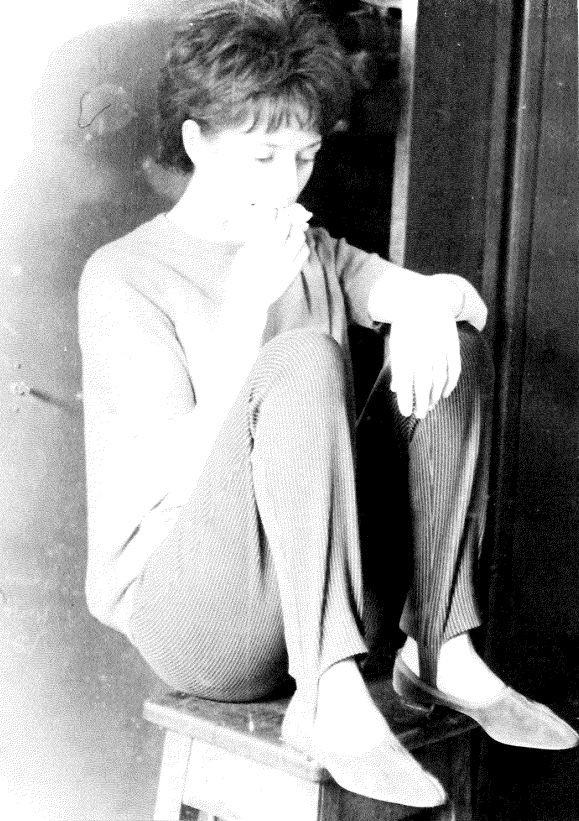Marjorie Garside, nee Rowley, was 75 when she died from an asbestos-related cancer.
The family of a former lab technician, who died from an asbestos-related cancer, is urging students, lecturers and staff at North Notts College to share any information they have on asbestos use in the building during the 1950s and 1960s.
Marjorie Garside, nee Rowley, who lived in Harworth while working at the college, died in 2019 from mesothelioma - a cancer that affects the lining of the lungs and is linked to asbestos exposure – just weeks after her diagnosis.
Her family believe she may have been exposed to asbestos between 1959 and 1966 while working in the college labs, where asbestos mats were commonplace and asbestos wool was used in experiments.
Following her death, Marjorie’s daughter, Catherine Margetts, has sought the help of social justice law firm, Thompsons Solicitors, to find out how she was exposed to asbestos. The legal specialists paved the way for asbestos litigation in the UK, ever since it brought about the first successful asbestos disease claim to the House of Lords in 1972.

Mrs Garside during a break at work
Mrs Margetts said: “The college was where my mum met my dad, Garry, and they went on to be married for many years – so it is devastating to think this might have been the place that also caused her death.
“Life has changed immensely since mum died - we miss her terribly. We are asking anyone with information about how asbestos was used in the college labs to get in touch, as it could really help us in our search.”
Mesothelioma is a fatal form of asbestos-related cancer that can take decades to develop from the smallest level of exposure to asbestos. While men are typically considered to be more at risk of developing the disease, as exposure often occurred in male-dominated industries such as manufacturing and construction, this toxic substance has left a legacy for women as well, not just as grieving widows, sisters, daughters and friends – but also as victims of asbestos-related disease.
According to data from the Health and Safety Executive, of the 2,446 mesothelioma deaths recorded in Great Britain in 2018, 396 were women. This equates to approximately one in every six cases, and is consistent with previous years.
Marion Voss, of Thompsons Solicitors, added: “The life-changing effects of asbestos diseases caused from exposure in the past continue to have tragic consequences on families and communities in the present. In fact, statistics show that the annual number of asbestos-related deaths is still not dropping.
“We are hoping that Marjorie’s former colleagues and students can help Catherine find the answers she is looking for.”
Anyone with further information should contact Marion Voss at Thompsons on 0113 205 6343, or by email at marionvoss@thompsons.law.co.uk.
Asbestos disease diagnosis? Talk to us for advice and support on how to secure compensation.
If you or a loved one have been diagnosed with an asbestos-related disease, we can support you with advice on how to make a claim.
The process will be explained in plain English and with no obligation – our priority is to provide you with the best, expert advice on whether you have a valid case for compensation, and to signpost you to further sources of support.
There are strict time limits applied to making a claim – usually three years from the date of diagnosis. It doesn’t matter if the exposure to asbestos took place – as it often does – decades ago, the three year time limit applies to the date of knowledge of diagnosis or date of death.
For further information, visit our How to Make A Compensation Claim page.
